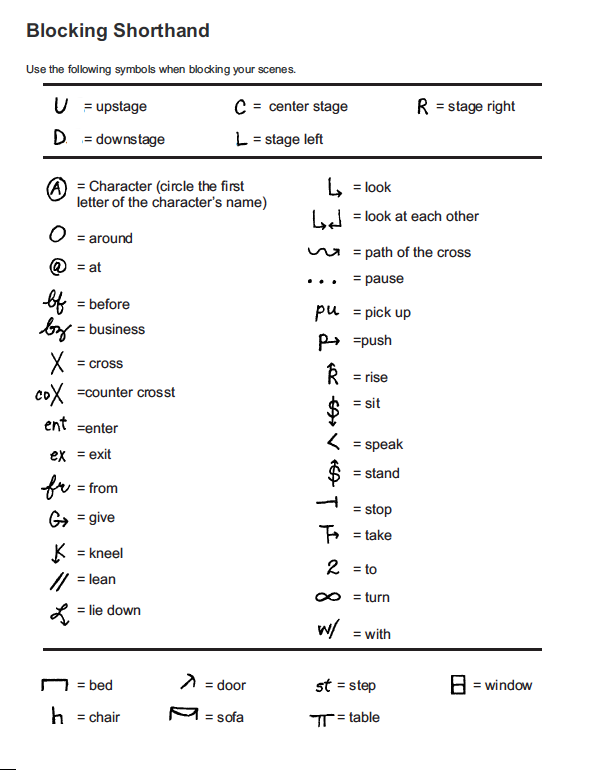Objective: Students will choose images to use as inspiration for their set designs
Bell Work:
Classwork:
- Students partnered with a person who has the same eye color as they do
- They worked with their partner to answer four questions
- What is a rough sketch?
- What is a ground plan?
- What is a front elevation?
- What is a 3D scale model?
Classwork:
- Students began to understand what "drawing in scale" means.
- Students created a google doc or slide
- Students found inspiration images for each of their locations (i.e. enchanted forrest, castle, etc.)
- Students will finish this work in class on Wednesday
Homework:
- Finish location list if not done yet.

 RSS Feed
RSS Feed